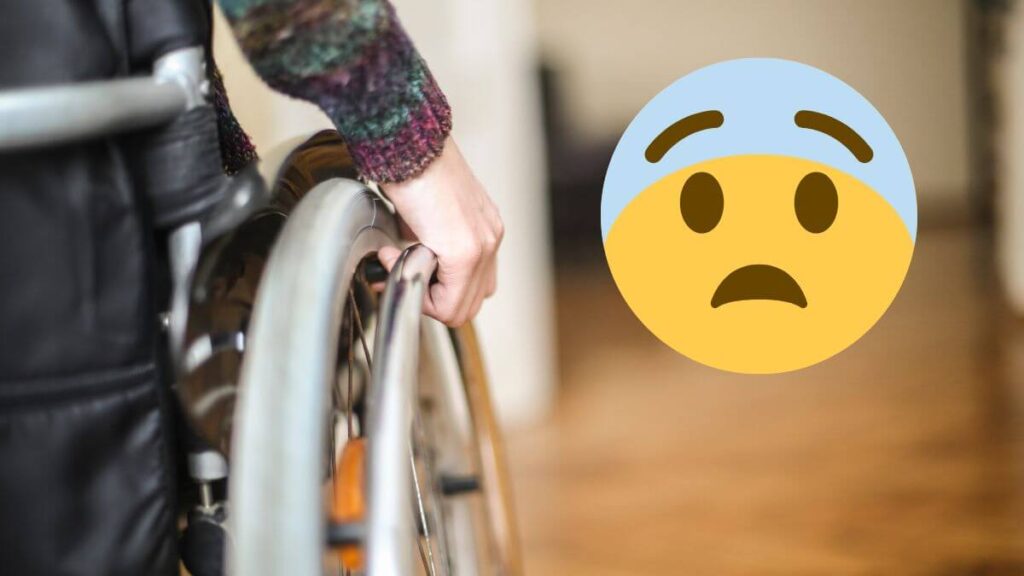Research conducted by University of Auckland, shows that disabled people experience higher rates of domestic violence. The researchers note that ‘prevalence rates may be underestimated because only people living in their own homes were surveyed. This did not include people living in residential services or retirement homes, or people who required support to communicate.’
It’s clear that we need to do much more to protect the most vulnerable in society, and we also need to do more to support families (as most violence occurs within families).
Key findings from the national survey were:
- People who had at least one disability were more likely to report “intimate partner violence” (IPV) in their lifetime than people who did not have a disability, for both women and men.
- Women with at least one disability reported lifetime prevalence rates of 40.3% for physical IPV, 16.9% for sexual IPV, 60.3% for psychological IPV, 31.7% for controlling behaviours and 24.7% for economic IPV.
- Men with at least one disability reported lifetime prevalence rates of 47.3% for physical IPV, 5.0% for sexual IPV, 51.2% for psychological IPV, 24.7% for controlling behaviours and 19.8% for economic IPV.
- People with a psychological disability reported the highest prevalence rates for almost all types of IPV. People with intellectual impairments also reported high rates of IPV.
- Women with a disability reported higher rates of experiencing sexual IPV (16.9%) than men with a disability (5.0%).
- Men with intellectual disabilities reported higher rates of physical IPV (60.5%) than women with intellectual disabilities (36.0%).
The research was published in the American Journal of Preventive Medicine, and can be reviewed here:




